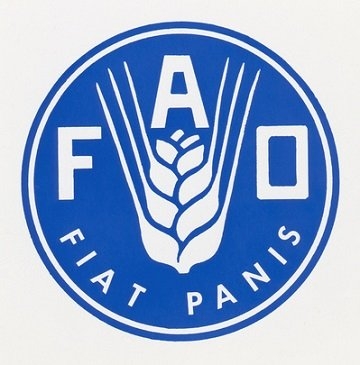FAO believes that the new pandemic could lead to global food inflation

Quarantines and panic buying of products can trigger global food inflation, despite the availability of sufficient stocks of grains and oilseeds in major exporting countries - according to UN FAO.
Panic on the part of large importers, for example, millers or government, can provoke a crisis. Behavior change in food purchasing can lead to disruptions in the global supply chain.
in Recent weeks, all countries of the world, from Singapore to the US, the observed queue in supermarkets, where consumers of excessive quantities of purchased cereals, disinfectants, and even toilet paper.
the wheat Futures in Chicago, which is a global benchmark, last week increased by 6%, which is the largest weekly increase in the last 9 months. Prices for rapeseed in Thailand, which is the second world exporter of the grain, rose to the highest since August 2013 level.
In France, the panic buying of flour and pasta on the background of active wheat export destabilized the operation of the ports and mills, the grain of which it is impossible to deliver on time through a shortage of vehicles.
Restrictions imposed by individual EU countries on the borders, and also stop the supply of food. Experts believe that the new global challenge will soon become logistics.
But the USDA estimates world ending stocks of wheat in 2019/20 Mr will grow compared with last year with 277,57 to 287,14 million tons, and stocks of rice from 175,3 up to 182.3 million tons.
In the United States for bioethanol production use 140 million tonnes of corn. Production cuts after falling oil prices will allow the use of the grain for food.
However, while Asian buyers are not very active, because they do not understand what the demand for grain in the future, in June or July, as the tourist and restaurant business almost paralyzed.
Recall that Asian importers, including the largest of them – Indonesia, contract most of the black sea grain in a global surplus.
Countries-oil exporters in the middle East, which are also net importers of grain, will probably have significant financial problems, as this year the oil has lost 60% of its value. Due to falling oil prices and the devaluation of currencies in these countries will significantly reduce the import of grain.


